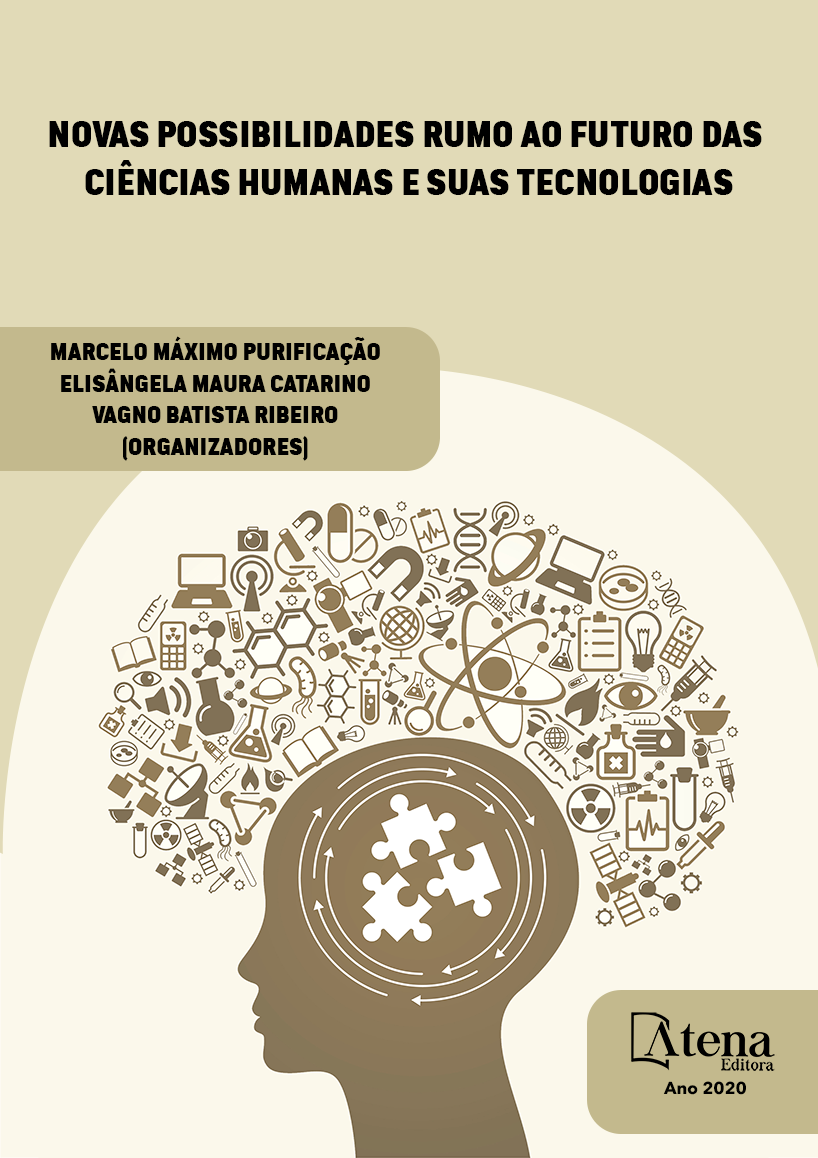
EDUCAR OU ENSINAR: CONFLITO ENTRE FAMÍLIA, ESCOLA E SOCIEDADE - NOVOS CONTORNOS SE FOR TRABALHADO EM CÍRCULOS DE PAZ
A educação congrega marcas distintas em cada sociedade e em cada século. A mudança que ela trouxe consigo ao longo dos anos desencadeou certos conflitos, como, por exemplo, quem é responsável pelo educar e por ensinar (distinção que merece atenção). Quando falamos em educar, a referência parece estar vinculada ao uso de expressões como "Bom dia!", "Muito obrigado!" e "Com licença!". O ensinar estaria vinculado às disciplinas objeto de estudo em ambiente escolar. É comum ouvir de educadores/professores que os pais não vêm fazendo seu papel: educando. Quanto à escola, pergunta-se se sua tarefa consiste em ensinar a resolver situações do cotidiano, da vida, inclusive a resolução de conflitos, ou se está limitada a ensinar tópicos de teoria relacionados às matérias, como, por exemplo: português e matemática. Os dados obtidos junto à CIPAVE (Comissões Internas de Prevenção de Acidentes e Violência Escolar) revelam situações complexas quando há conflitos e expectativas quanto a formas de se portar ou reagir frente à sociedade. O núcleo inicial de formação é a família, o intermediário seria a escola e, o mais complexo, a sociedade. Os deveres de cada um parecem não estar claros ou não estarem sendo observados conforme a legislação vigente: ECA (Estatuto da Criança e do Adolescente) e LDB (Lei de Diretrizes e Bases da Educação Nacional). Uma forma de tentar resolver incompatibilidades, conflitos, ou mesmo de abrir um espaço para reflexões e possíveis mudanças de postura frente à tarefa de educar (complexa e de responsabilidade de todos) pode ser vislumbrada com a realização de círculos de construção de paz, metodologia usada pela justiça restaurativa. Os círculos, organizados e conduzidos por um facilitador capacitado, oportunizam às partes uma situação de diálogo que possibilite, com a escuta, buscar um consenso, a fim de solucionar o conflito. Este trabalho está pautado em referenciais bibliográficos, dados fornecidos pela CIPAVE - Caxias do Sul, bem como em imagens (posts em redes sociais) destacando as atribuições de ensinar e de educar . As reflexões que os materiais de estudo oportunizaram até o momento auxiliam no processo de construção de novos saberes, de novas formas de entender o que a sociedade (escola e profissionais da educação em sua maioria) têm como concepção de seu papel, mesmo que não seja possível apresentar dados conclusivos pois a pesquisa está em seu estágio inicial.
EDUCAR OU ENSINAR: CONFLITO ENTRE FAMÍLIA, ESCOLA E SOCIEDADE - NOVOS CONTORNOS SE FOR TRABALHADO EM CÍRCULOS DE PAZ
-
DOI: 10.22533/at.ed.76820020410
-
Palavras-chave: Círculos de Construção de Paz. Violência Escolar. Educar X Ensinar.
-
Keywords: Construction of Peace-Building Circles. School Violence. Teaching X Educating.
-
Abstract:
Education brings together distinct marks in each society and in each century. The change it has brought with it over the years has triggered certain conflicts, such as who is responsible for educating and teaching (a distinction that deserves attention). When we talk about educating, the reference seems to be linked to the use of expressions like "Good morning!", "Thank you very much!" and "Excuse me!" Teaching would be linked to the subjects studied in the school environment. It is common to hear from educators/teachers that parents have not been playing their part: educating. As for the school, it is asked if its task is to teach how to solve everyday situations, life, including conflict resolution, or if it is limited to teaching topics of theory related to subjects, such as portuguese and mathematics. The data obtained from CIPAVE (Internal Commissions for the Prevention of Accidents and School Violence) reveal complex situations when there are conflicts and expectations regarding ways to behave or react to society. The initial core of formation is the family, the intermediate would be the school and, the most complex, the society. The duties of each seem unclear or not being observed according to current legislation: ECA (Statute of Children and Adolescents) and LDB (Law of Guidelines and Bases of National Education). A way of trying to resolve incompatibilities, conflicts, or even opening a space for reflection and possible changes in attitude towards the task of educating (complex and responsibility of all) can be envisioned with the construction of peace-building circles, the methodology used for restorative justice. The circles, organized and led by a qualified facilitator, provide the sides with a situation of dialogue that enables them, with listening, to seek consensus in order to resolve the conflict. This work is based on bibliographic references, data provided by CIPAVE - Caxias do Sul, as well as images (posts on social networks) highlighting the attributions of teaching and educating. The reflections that the study materials have provided so far help in the process of building new knowledge, new ways of understanding what society (mostly school and education professionals) have as a conception of their role, even if it is not possible to present conclusive data because the research is in its initial stage.
-
Número de páginas: 13
- Cláudia Maria Hansel
- Victória Antônia Tadiello Passarela
- Suzana Damiani


